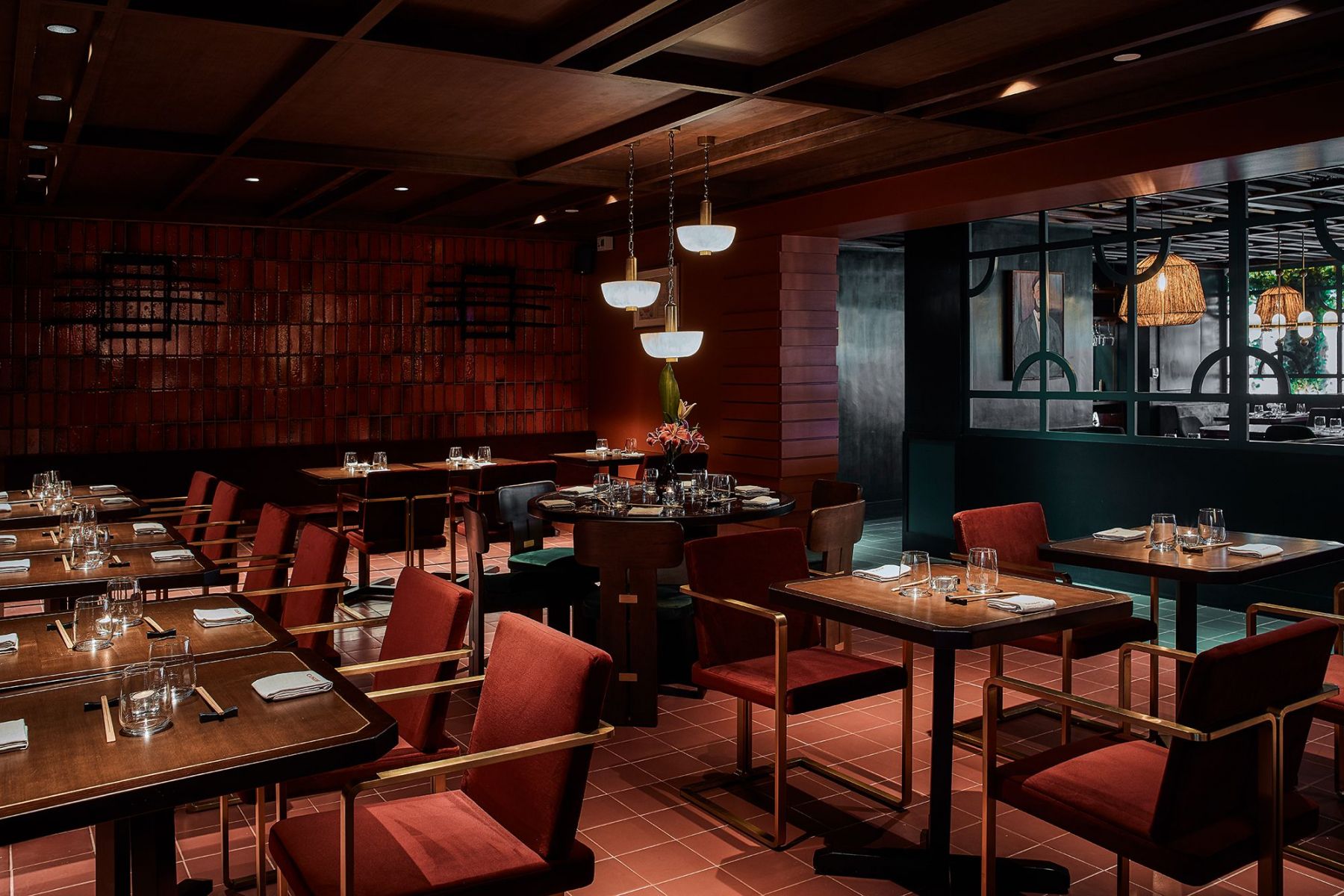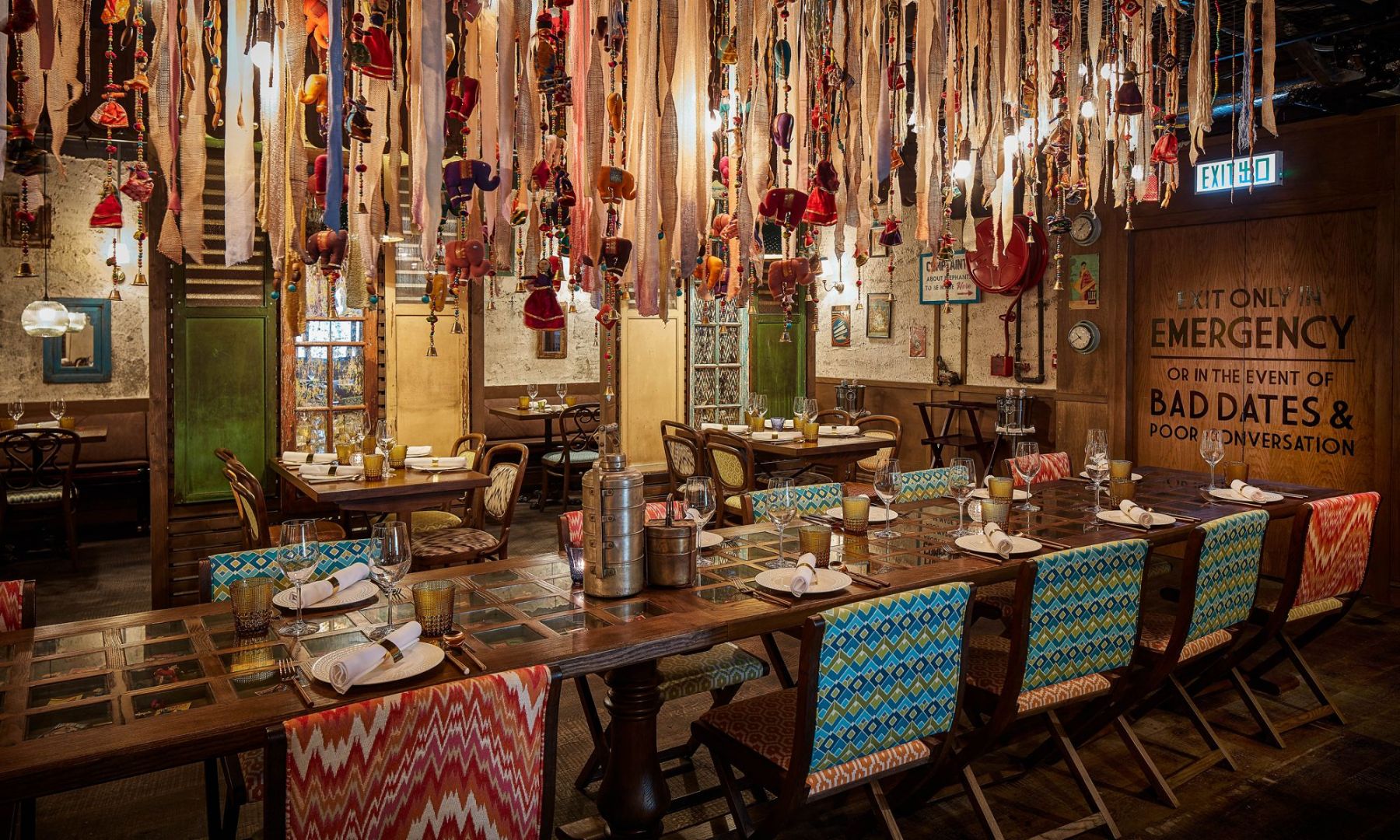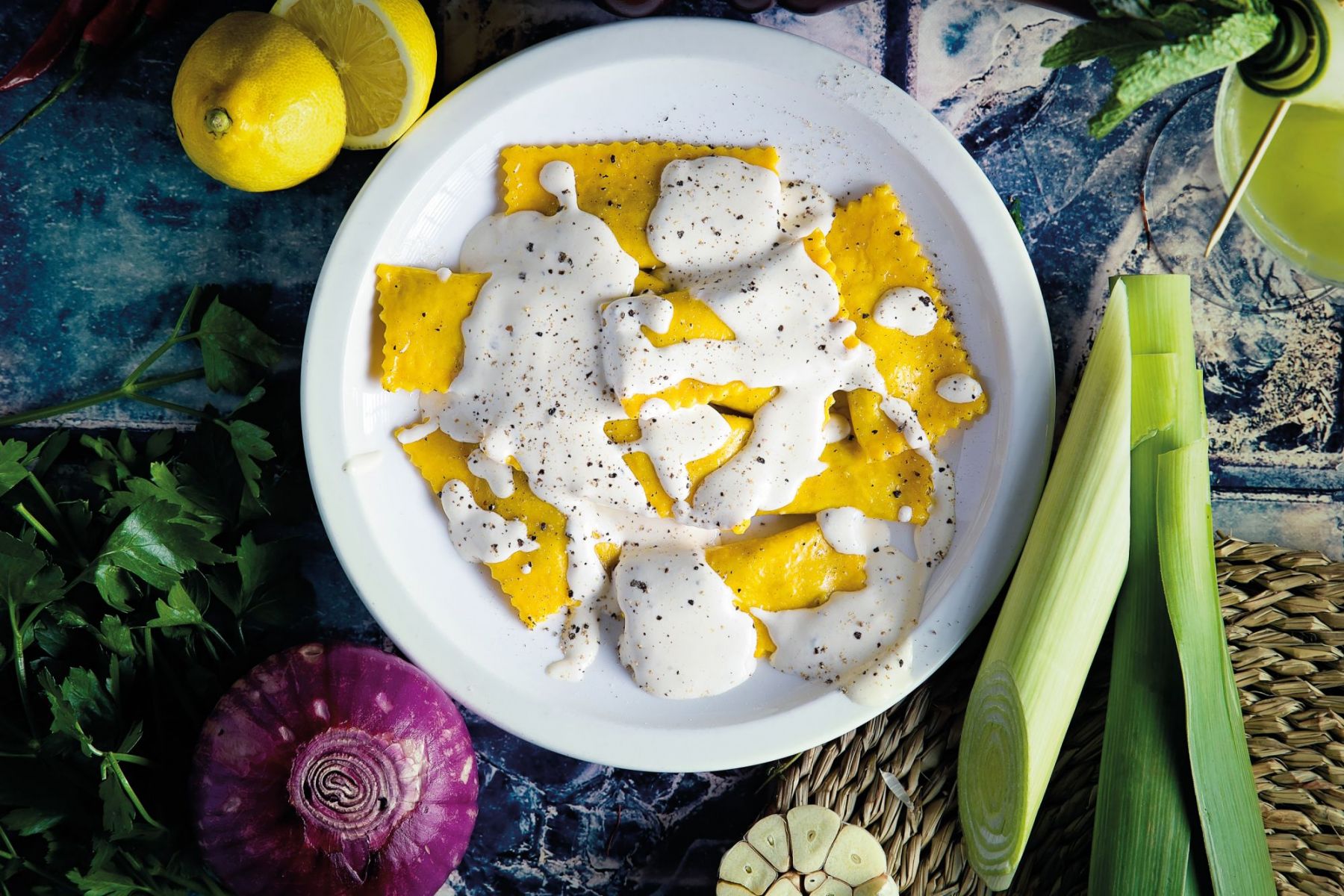Co-founder Manuel Palacio reveals how his restaurants have adapted to the new normal, the secrets to the Group’s success, and why retail, not delivery, is the future
When Pirata Group recently announced that it would open another six restaurants and points of service before the end of the year on top of the four it has already launched in 2021, it was almost as if a global pandemic had not been raging for the last 18 months.
To date this year, Pirata has opened Pane e Latte in Stanley, TMK Rap & Rolls in Wan Chai, and Pici outlets in Kennedy Town and Shanghai. Still to come are Pici in Tseung Kwan O, a delivery kitchen in Kowloon Bay, and The Sixteenth in Quarry Bay, a four-in-one concept spanning 18,000 square foot and incorporating Italian trattoria La Favorita, terrace bar Tempo Tempo, temakeria TMK Funk & Rolls, and sushi joint Honjokko.
While Covid-19 has, of course, presented challenges, there have also been plenty of opportunities, which the Group has grabbed with both hands. Co-founder Manuel Palacio expounds Pirata’s recent past relating to the protests and the pandemic, its present expansion and its exciting plans for the future.
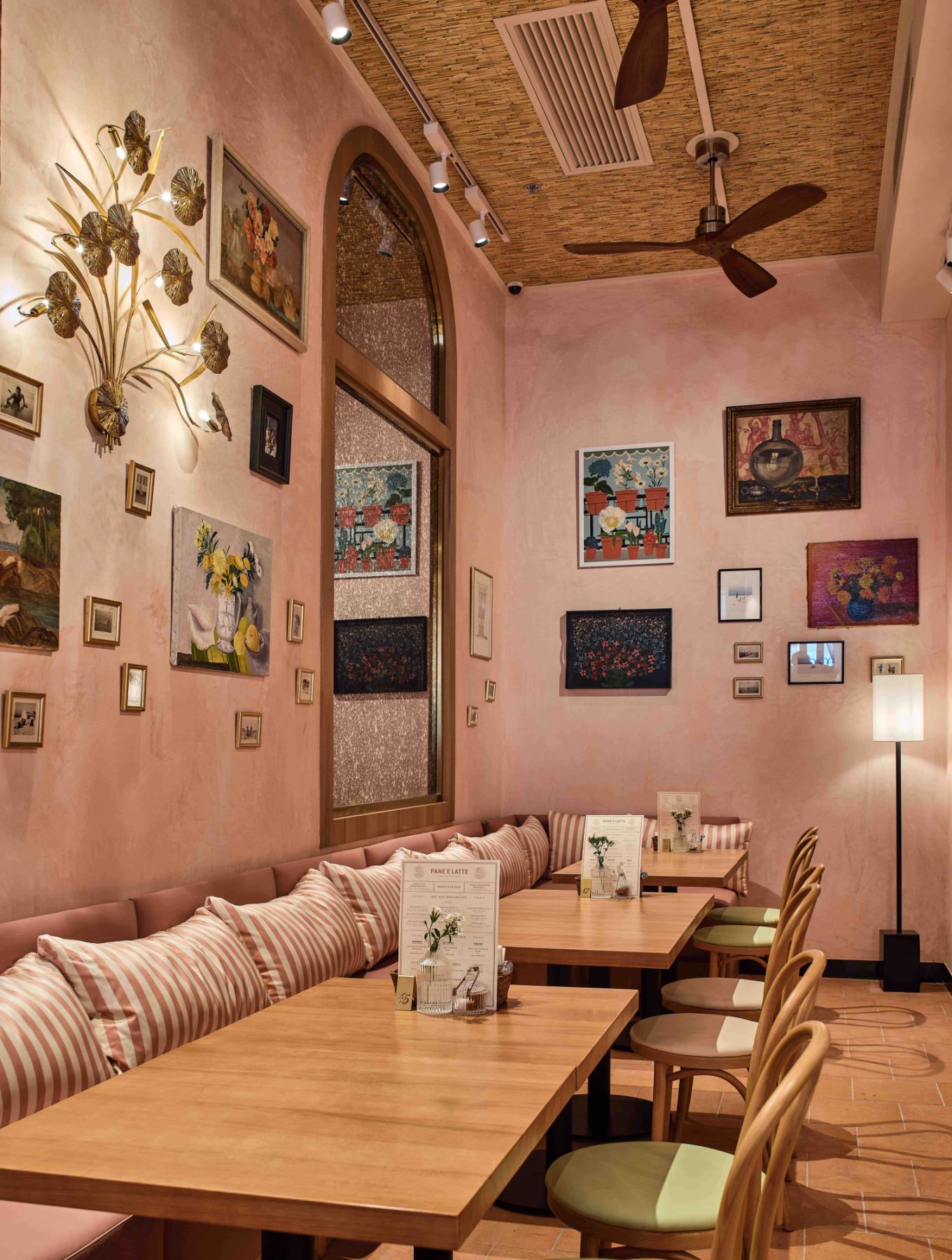
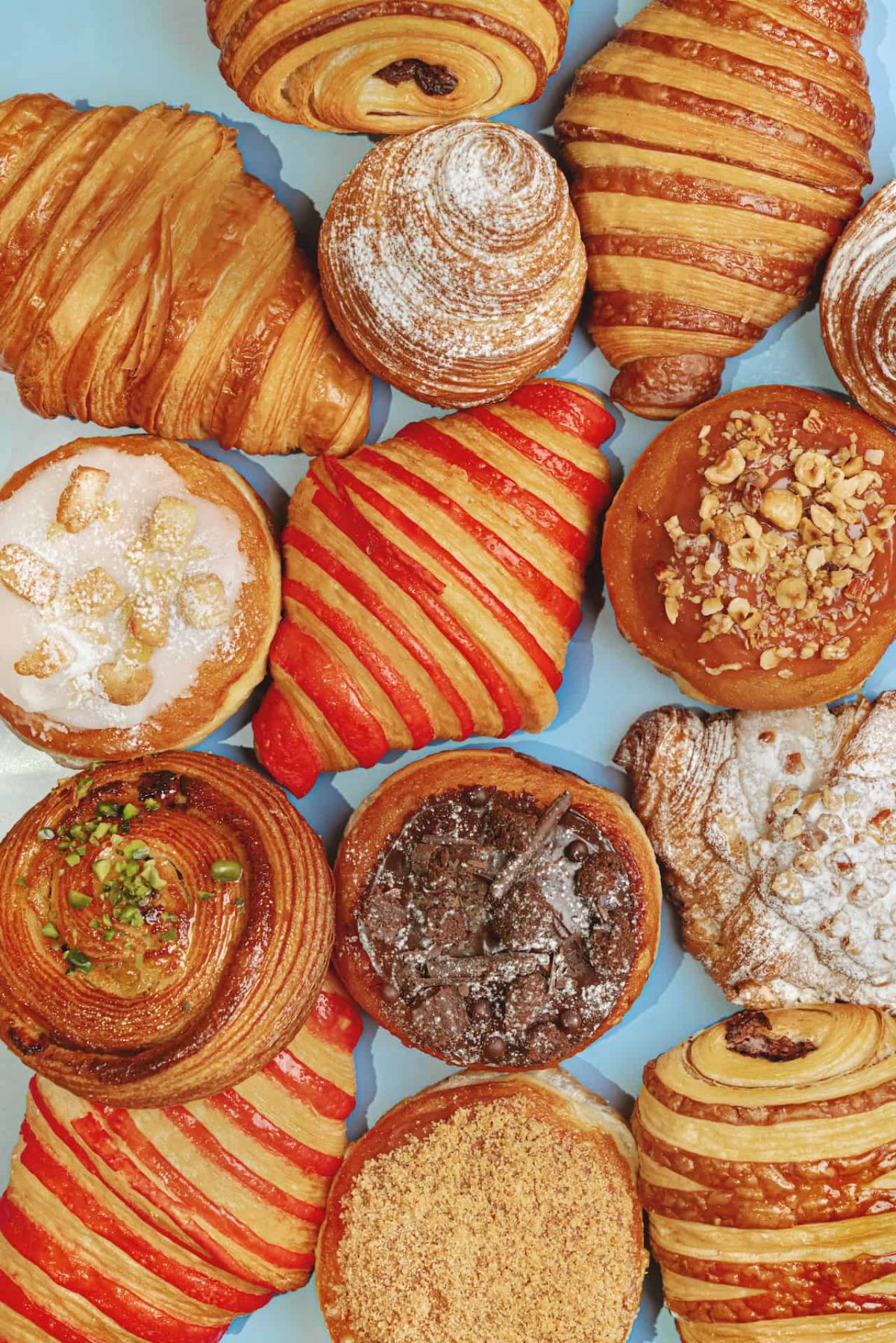
How did the dining scene change for you when Covid hit and how did Pirata’s restaurants cope with its impact?
The first change was behavioural. Dining became much more lunch driven. Weekend brunch became the new Friday night. And we became more of an experience; restaurants became more experiential. We saw soft weekdays and strong weekends and early dinners versus late dinners. Now, it’s not rare to see people come for dinner at 5pm, whereas previously no one would show up before 7pm.
As we started to understand the behaviour, we decided to transform. We turned our restaurants into all-day dining restaurants. We understood that people would finish a little earlier and we decided to give the opportunity to our teams to do a straight shift. So, now we open from 12noon to 10pm without closing in the afternoon, so we no longer need to serve guests at 11pm or midnight, and everyone can have an early finish.
We also had better deals with suppliers, including better payment terms and pricing because suddenly everyone was in the same boat. Suppliers, restaurants and landlords were all trying to get out of the pandemic together; it was refreshing to see everyone suddenly on the same side.
Do you think these changes are here to stay post-pandemic and are they specific to Hong Kong?
I think a lot of things are here to stay. People are getting used to a different lifestyle. I compare the way Hong Kong is behaving now to LA, which is more of a daytime-driven city. At 1 or 2 in the morning, there is no business to be done, but in exchange you have a very lively daytime lifestyle. And you can see that here with concepts like Pane e Latte—people are appreciating breakfast and coffee and all-day dining under the sun, which is fantastic.
A lot of the changes are also happening in New York and Europe, but I think the pandemic is going to transform the Hong Kong dining scene for the better. Hong Kong has always been one of the most dynamic and interesting cities, but London and New York have been leaders. Now, however, they are both losing strength. Hong Kong has all the ingredients for an amazing dining scene. We have access to talent and product, it’s a good city to live in, and the clientele really understands. Hongkongers are always looking for a new experience. All this makes Hong Kong almost a perfect city for F&B.

